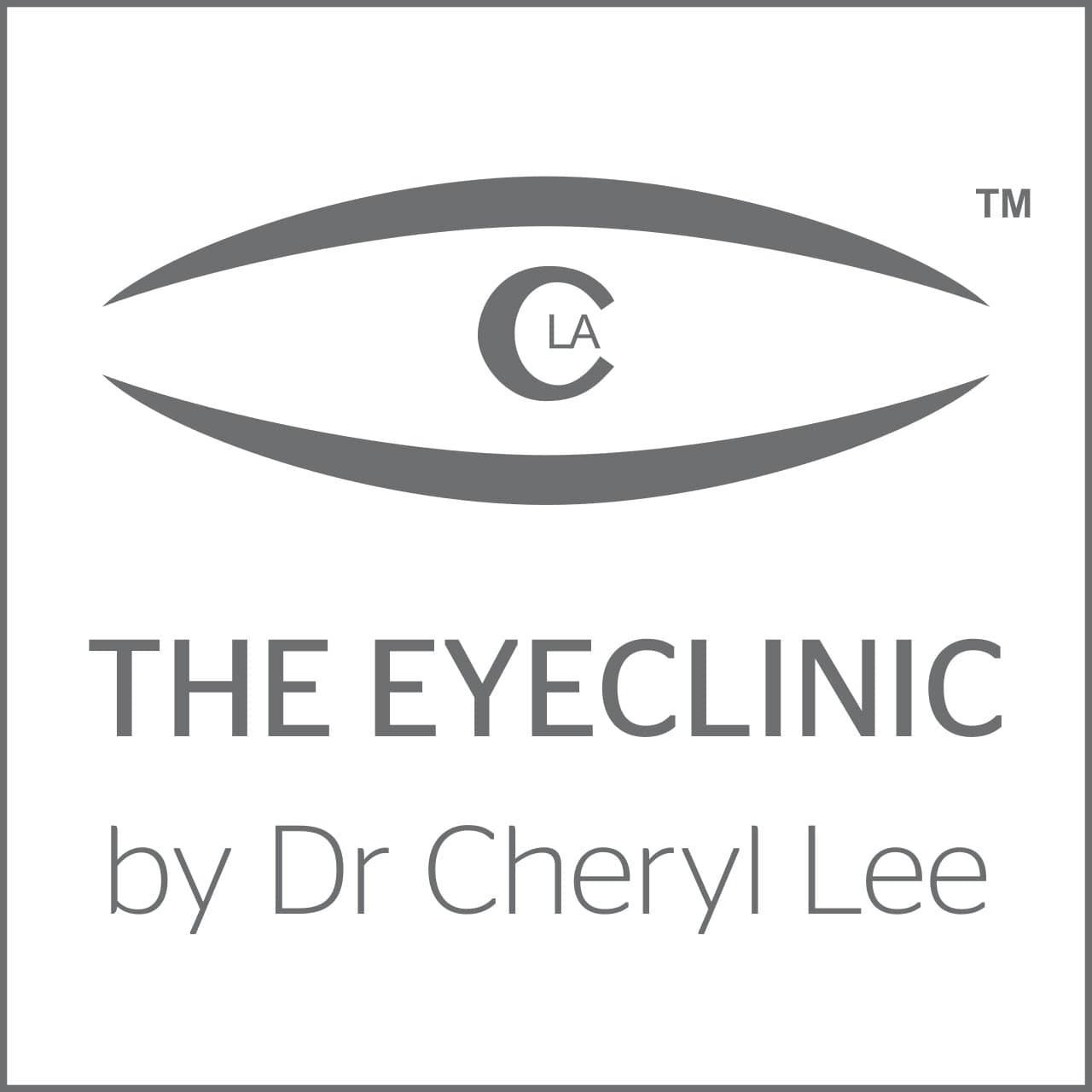Understanding Cataracts: Causes, Management, and Benefits of Surgery with Dr. Cheryl Lee
Cataracts can drastically change how you see the world. This condition affects millions of people globally, leading to blurry or cloudy vision. While aging is the primary cause, cataracts can also stem from genetics, medical conditions, and lifestyle factors. With the right knowledge about causes, management, and surgery options from specialists like Dr. Cheryl Lee, you can take proactive steps toward maintaining your vision.
What Are Cataracts?
Cataracts form when proteins in the eye's lens clump together, making it cloudy. This clouding obstructs light, causing symptoms such as:
Reading vision issues
Blurred vision
Trouble seeing at night
Sensitivity to bright lights
Halos around lights
Interestingly, while cataracts primarily affect older adults, they can also develop in younger people due to factors like diabetes or extended use of corticosteroids. For example, studies suggest that people with diabetes are twice as likely to develop cataracts compared to those without the condition. Early detection can ease the management of cataracts, so it’s essential to understand this condition thoroughly.
Does Everyone Get Cataracts?
Not everyone will experience cataracts, but the numbers are surprising.Cataract surgery is the most common surgery in the world with successful outcome. Genetics influences your risk; if cataracts are common in your family, you may be more likely to develop them.
Additionally, certain lifestyle habits can increase your chances. For example, research indicates that smokers are 20% to 30% more likely to develop cataracts compared to non-smokers. Regular eye exams become increasingly important as you age; they can catch potential problems early.
Symptoms of Cataracts
Timing is crucial in addressing cataracts as delays can worsen your vision. Symptoms commonly include:
Blurry or cloudy vision
Difficulty seeing in dim light
Increased sensitivity to light and glare
Double vision in one eye
Colors appearing faded or yellowed
If you notice these signs, schedule an appointment with an eye care professional. Early treatment can prevent complications and improve your quality of life
Managing Cataracts
While cataracts cannot be totally prevented, you can manage their progression. Consider these practical strategies:
Regular Eye Exams: Keep up with routine check-ups to monitor any changes in your vision.
Proper Lighting: Good lighting reduces glare and improves your ability to see.
Sunglasses: Protect your eyes from harmful UV rays by wearing sunglasses that block 100% of UVA and UVB light.
Healthy Lifestyle Choices: Eat a balanced diet with plenty of leafy greens and fruits, stay active, and avoid smoking and excessive drinking.
Vision Aids: Magnifying glasses or brighter bulbs can help when performing tasks as your vision changes.
The Advantages of Cataract Surgery
Cataract surgery is one of today's most common and successful procedures. The benefits include:
Restored Vision: Most patients notice remarkable improvement in clarity after surgery.
No more glasses: Advanced technology lenses to replace the cataract means no more glasses for far and near and internediate distance.
Quick Recovery: Patients are usually back to daily activities within a few days after the procedure.
Advanced Technology: Techniques like phacoemulsification reduce discomfort and speed up recovery.
Improved Quality of Life: With better vision, patients can return to activities they enjoy, like reading and driving.
Personalized Care: Dr. Cheryl Lee and her team prioritize individual needs, ensuring tailored treatment for the best outcomes.
What to Expect During Cataract Surgery
If cataract surgery is your option, here's what will happen:
Preoperative Assessment: Your eye doctor will perform a thorough examination to tailor the surgical approach to your needs.
Surgery Day: The procedure lasts 15 to 30 minutes under anesthesia for your comfort.
Postoperative Care: You'll receive detailed care instructions, including the use of prescribed eye drops and scheduling follow-up visits to monitor your recovery.
Your Path to Clearer Vision
Cataracts can significantly affect your vision and overall quality of life. While not everyone will develop them, knowing the risk factors and symptoms is crucial for timely intervention.
For more information about cataracts or to schedule a consultation, visit Dr. Cheryl Lee's eye clinic today.

